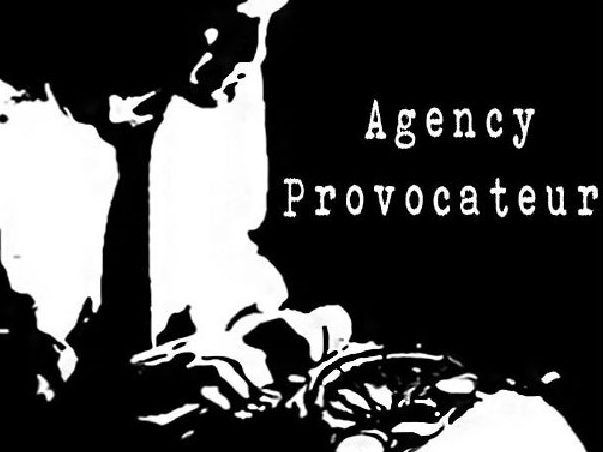
There’s a story, possibly apocryphal, about Jimmy Greaves who was getting increasingly frustrated with poor refereeing decisions and asked the ref: “If I call you a c**t what would happen?”
The ref replies: “I’d have to send you off Jimmy.”
“Okay,” says Greaves, “what if I just think it?”
“Ha ha,” laughs the ref, “you can think whatever you like.”
“In that case,” replies England’s greatest ever striker, “I think you’re a c**t.”
This tale comes to mind when dealing with newsdesks of national papers and trying to get paid for a story you know is yours, but which they seem to go to inordinate lengths to avoid paying.
One example came up this week with one of our agencies who filed a story to the papers which appeared, within hours, in an online version of a national.
A broadsheet reporter – you know the kind, did media studies at university, never worked for an agency or a local paper but somehow waltzed straight into a job on a national – saw the online version, checked it with the source and did it up for the next day’s paper.
So the agency claimed the payment.
Now, here’s how it works. If that reporter got the story himself and did not use any copy which originated from the agency, then fair enough.
But these stories and the detail, phrasing and words used do not just fall from a magic story tree. Agencies find them and file them.
And even if the reporter didn’t see the agency copy – partly because his newsdesk missed it – but then used agency copy in his version, even unwittingly, then they have to pay up.
Without that agency filing, they would never have been able to copy the story from a rival paper in the first place.
However, the reporter, his desk and the payments secretary in the middle refused to pay, claiming they never got anything from any agency, no sir, not a bean, on my mother’s life, honest guv.
Unfortunately, this is not a lone case for agencies struggling to make a living.
Since the broadsheets pay a pittance for stories, it’s not worth falling out with them for the sake of a score and it certainly isn’t worth calling them c**ts for not paying up. But we can think what we like, can’t we?
Email pged@pressgazette.co.uk to point out mistakes, provide story tips or send in a letter for publication on our "Letters Page" blog
